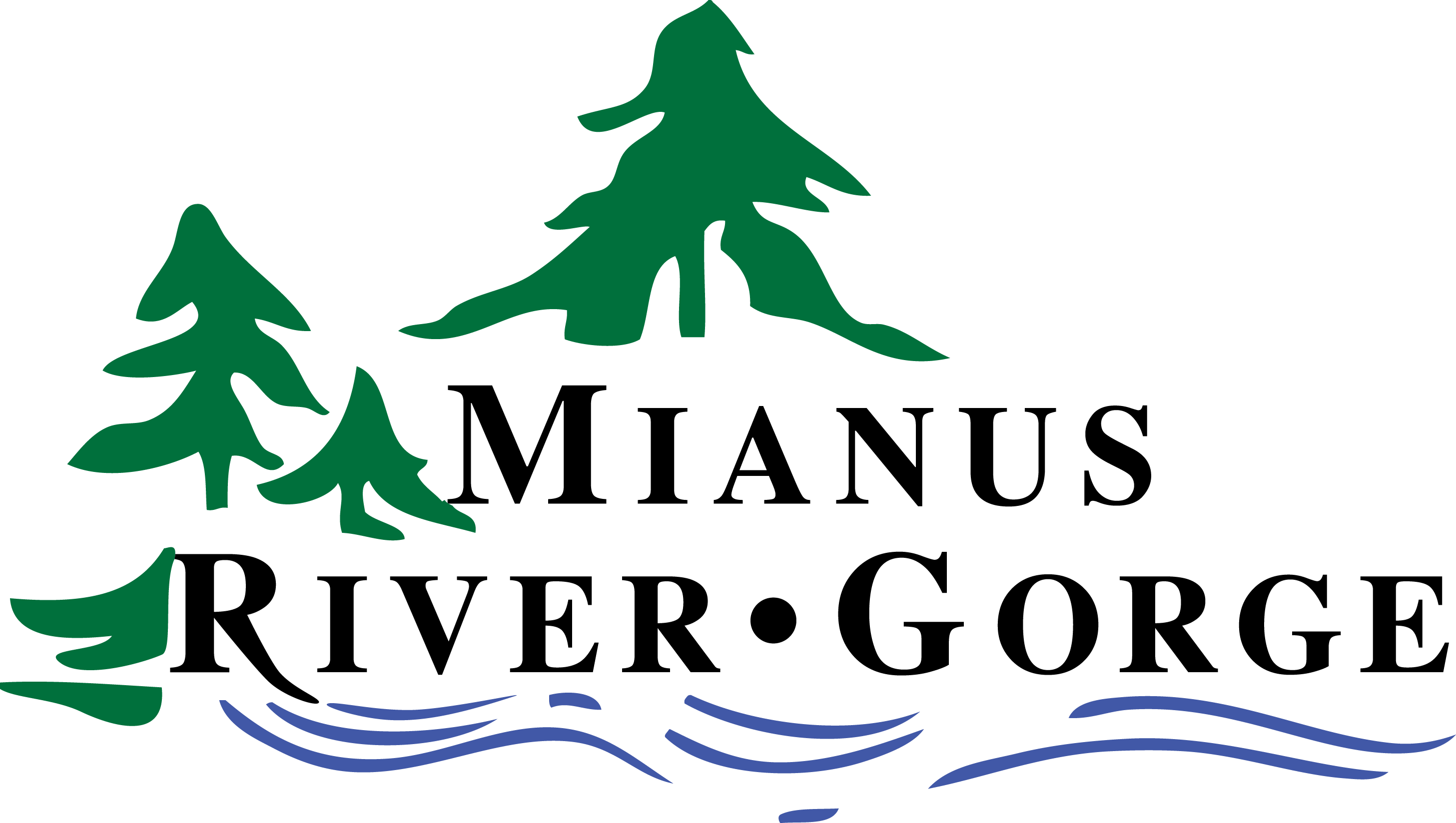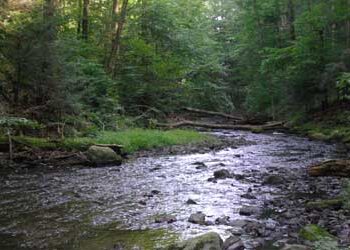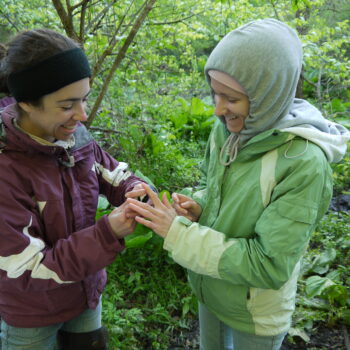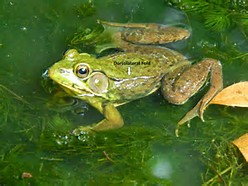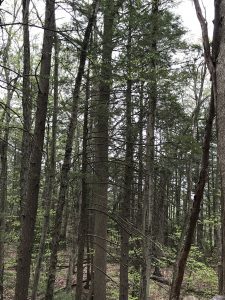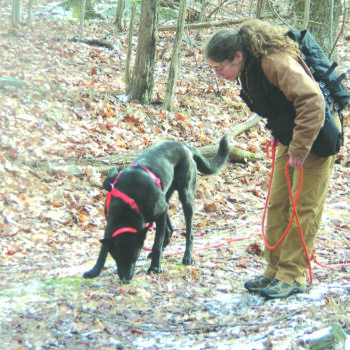2012 RAP Award SUNY ESF – Masters Candidate Measuring the Damage Caused by Invasive Earthworms in Hemlock Forests Since colonization, people have introduced earthworms to our environment. In the northern United States, there are no native earthworms. Earthworms are popularly thought of as beneficial; fishermen use them as bait, farmers add them to their fields, […]
Category Archives: RAP Researchers
Kelly Duhigg
Pace Univeristy – Master’s Candidate Density, activity and movement patterns over a managed white-tailed deer herd Kelly is using camera traps to survey spatial and temporal changes in white-tailed deer populations residing within the Mianus River Gorge preserve. The goal of this project is to determine if deer management programs have reduced local deer population […]
Sheila Saia
2011 RAP Award Cornell University – Doctoral Candidate Phosphate Accumulating Organisms Under Natural Conditions Excessive phosphates can be detrimental to water ecology and water quality. Phosphate accumulating organisms (PAO) exist in soils under natural conditions and can remove excessive phosphates. Sheila’s research will seek to understand how PAO are distributed in our watershed and how […]
Suzanne Clemente
Pace University – Master’s Candidate Daily and Seasonal Activity Patterns of Coyotes in New York City ParksBiodiversity of New York City Parks Suzanne is cooperating with us on the Gotham Coyote Project. She was the main field worker in our 2012 season, collecting more than 14,000 pictures of wildlife in New York City Parks over […]
Rachel Bricklin
2010 RAP Award Fordham University – Doctoral Candidate Impact of Fragmentation on Migratory Birds Birds can act as important environmental indicators, seed dispersers, and insect predators. Rachel’s ongoing research will provide new information about migratory bird stopover ecology to help better manage urban and suburban green spaces for species of concern.
Steve Brady
2009 RAP Award Yale University – Doctoral Candidate Road Salt Impact on Amphibians Run-off from roads brings salts (and other toxins) into wetland ecosystems that can have a negative effect on reproduction and survival of amphibian life. Steve’s research will develop a clearer understanding of how amphibians adapt to road salts. This will help managers […]
Michael O’Brien
2008 RAP Award SUNY ESF – Doctoral Candidate Symbiotic Relationships of Fungi and Hemlock In order to buffer our old-growth hemlock forests, MRG managers would like to promote the establishment of hemlocks in some of our younger forest stands that were previously farmland and pasture. Mike’s research examined how hemlock seedling growth is related to […]
Linda Gormezano
2007 RAP Award CUNY – Doctoral Candidate Genetic Monitoring of Coyotes Eastern coyotes are physically and genetically different from their western counterpart, due to hybridization with wolves as they moved into the area from the north. In this noninvasive study, Linda uses a Dutch Shephard detection dog is find naturally deposited coyote scat which is […]
